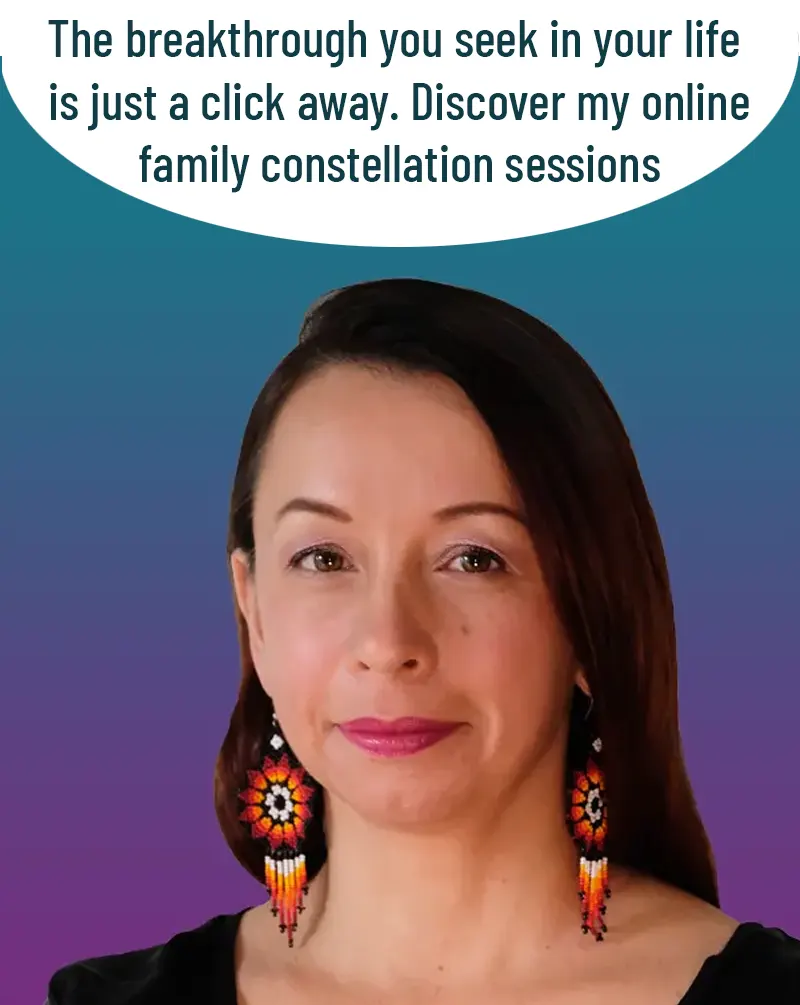What is it?
Hemorrhoids are veins that become inflamed and enlarged around the anus or the lower part of the rectum. They can be located internally within the anus or under the skin surrounding this area. Often, these discomforts are a consequence of straining during bowel movements. Other factors that can trigger them include pregnancy, aging, chronic constipation, or diarrhea.
It is important to highlight that hemorrhoids can present in different degrees, and obtaining an accurate medical diagnosis is essential to determine their grade. Here is a brief description of the most common grades:
Grade I: At this stage, the hemorrhoids are slightly enlarged and are not visible from the outside.
Grade II: There is greater inflammation, and during bowel movements, the hemorrhoids may protrude from the anus but then return inside the anal canal on their own.
Grade III: At this point, the hemorrhoids protrude from the anal sphincter during defecation and no longer return to their place spontaneously.
Grade IV: In the most advanced grade, the hemorrhoids remain constantly outside the anus and cannot be reintroduced manually. In other words, they are continuously visible from the outside.
Symptoms and the Mind-Body Relationship of Hemorrhoids
The digestive symptoms are abdominal pain and distension, and altered bowel rhythm.
The abdominal pain is usually diffuse or localized in the lower abdomen, usually not radiating, cramping, oppressive or stabbing, generally mild or of moderate intensity, lasting less than two hours, relieved after defecation and usually respecting sleep. The onset or presence of abdominal pain is usually associated with the desire to defecate or with changes in the frequency or consistency of bowel movements, and the patient frequently relates its onset to the ingestion of some food.
Bowel rhythm disturbances may manifest with predominance of constipation or diarrhea, or alternating diarrhea-constipation. Abdominal distension and meteorism develop progressively throughout the day and are referred to as "excess gas". Premature satiety after ingestion, nausea, vomiting and heartburn are frequent.
Other symptoms are the sensation of incomplete evacuation and the presence of mucus in the stool.
It usually manifests with relapses without there being an underlying organic disease to explain it, adds Susana Jiménez Contreras, a specialist at the Spanish Digestive System Foundation (FEAD).
Function and Symbolism of Hemorrhoids
When there is pain, it relates to stress; when there is bleeding, it reflects a loss of joy. Your hemorrhoids indicate inner tension and a strong desire to forcefully expel something, as if you're pushing hard to release it; simultaneously, there's an urge to hold back.
This conflict between pushing and holding creates an imbalance. The veins suggest a situation where there's an emotional conflict between wanting to reject and repel, and at the same time, wanting to retain and block the emotion inside you.
Other causes related to your hemorrhoids may include intense feelings of guilt or old tensions that you've kept inside, often preferring not to express them fully. You might experience these feelings in relation to a person or a situation that feels burdensome to you.
Your body is signaling you with this discomfort. Perhaps you're facing deadlines and finding it challenging to let go or trust. You might feel obligated to fulfill responsibilities even when you want to speak up and express your needs to adjust certain situations.
Moreover, you may bear this burden alone due to pride, which makes it difficult to ask for help. You might also feel a sense of submission in situations where you feel diminished, as if you're insignificant.
By uncovering the emotional root of your discomfort, you gain awareness and can accept this temporary state as an opportunity to seek help and free yourself.
The Emotional Significance of Hemorrhoids
Hemorrhoids, from the perspective of biodecoding and holistic healing, reveal profound emotional meanings that deserve attention and understanding. These symptoms can be linked to various emotional aspects:
Fear of full commitment: According to Louise L. Hay, hemorrhoids can arise when a person fears fully committing to life or important relationships. This fear can create a sense of being trapped in situations without the possibility of moving forward.
Resentment or suppressed anger: Biodecoding also suggests that hemorrhoids may be associated with resentment or unexpressed anger. When feelings of anger have no outlet, they can manifest physically as hemorrhoids.
Emotional overload: Experiencing hemorrhoids can indicate significant emotional overload. This occurs when a person feels overwhelmed by responsibilities, stress, or excessive demands, and does not find time to care for themselves adequately.
In this healing context, it is essential to recognize that each person is unique and the relationship between emotions and health can vary widely. Hemorrhoids can be a body's call to address repressed emotions, resolve internal conflicts, and find emotional balance.
Biodecoding also prompts us to consider that hemorrhoids could be related to feelings of guilt or shame. This may arise when a person feels guilty for wanting to break free from situations or relationships that cause internal conflict.
Understanding these emotional meanings allows us to initiate a process of comprehensive healing, where we can release emotional tensions, express our feelings in a healthy manner, and find harmony both within ourselves and in our external environment.
Emotional Liberation Techniques for Hemorrhoids
Emotional Self-Expression: Allow yourself to express your emotions freely, without judgment or restrictions. You can practice by writing in a journal, talking to a trusted friend, or engaging in creative activities that help you channel your feelings.
Emotional Release Practices: Incorporate techniques such as meditation, mindful breathing, or holistic healing to release accumulated emotional tensions in the body. These practices not only promote physical well-being but also facilitate the processing and release of repressed emotions.
Exploring Underlying Causes: Dedicate time to reflect on the deep-seated causes of your emotional tensions. Biodecoding suggests that physical symptoms may be linked to unresolved internal conflicts or repressed emotions. By identifying these causes, you can initiate the healing process from its root.
Emotional Nutrition: Pay attention to how your diet and lifestyle affect your emotional well-being. Consuming nutritious foods and maintaining healthy habits can support your emotional balance and strengthen your stress response system.
By integrating these practices into your daily life, you will strengthen your connection with your emotions, promote comprehensive healing, and cultivate greater emotional and physical well-being.
Affirmations for the Emotional Healing of Hemorrhoids
- I am releasing any fear that prevents me from moving forward smoothly in my life.
- My hemorrhoids are a loving message from my body to let go of emotional tensions that no longer serve me.
- I nurture my emotions with love and understanding, releasing any stored resentment that may manifest physically.
- I accept my emotions and express them in a healthy way, allowing my body to find its natural balance.
- My hemorrhoids are an invitation to investigate and resolve the deep causes of my emotional tensions.
- With every conscious breath, I release emotional stress that may be contributing to my physical symptoms.
- I am at peace with my body and my emotions, allowing harmony and well-being to flow through every part of me.
- My body speaks to me through my hemorrhoids, guiding me towards greater understanding and inner healing.
Feel free to use these affirmations during meditation, in a daily practice, or whenever you need to focus on healing your back.
Remember: The medical information provided here is solely for informational purposes. It does not replace, in any case, the advice that your specialist doctor may provide you.



